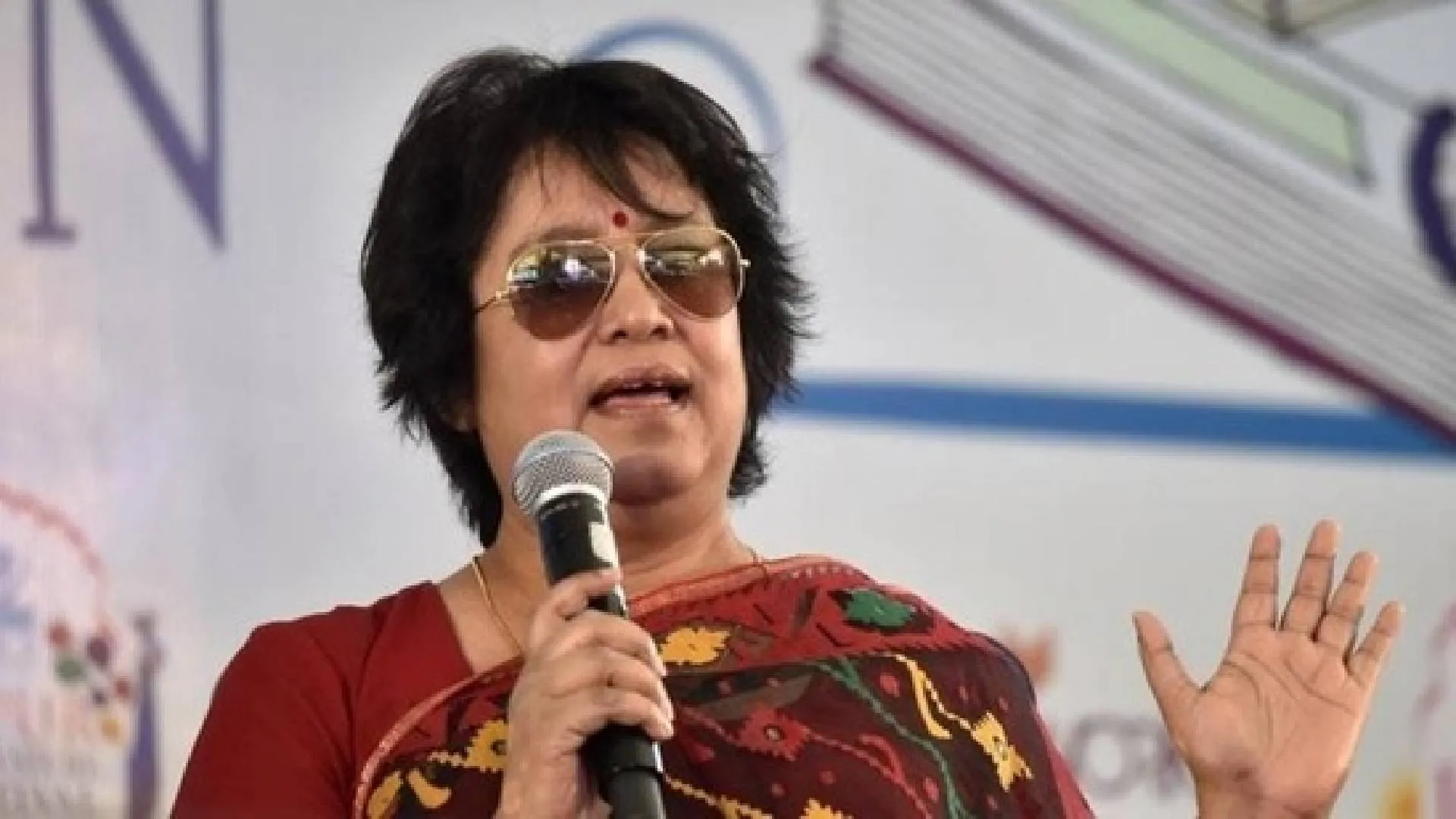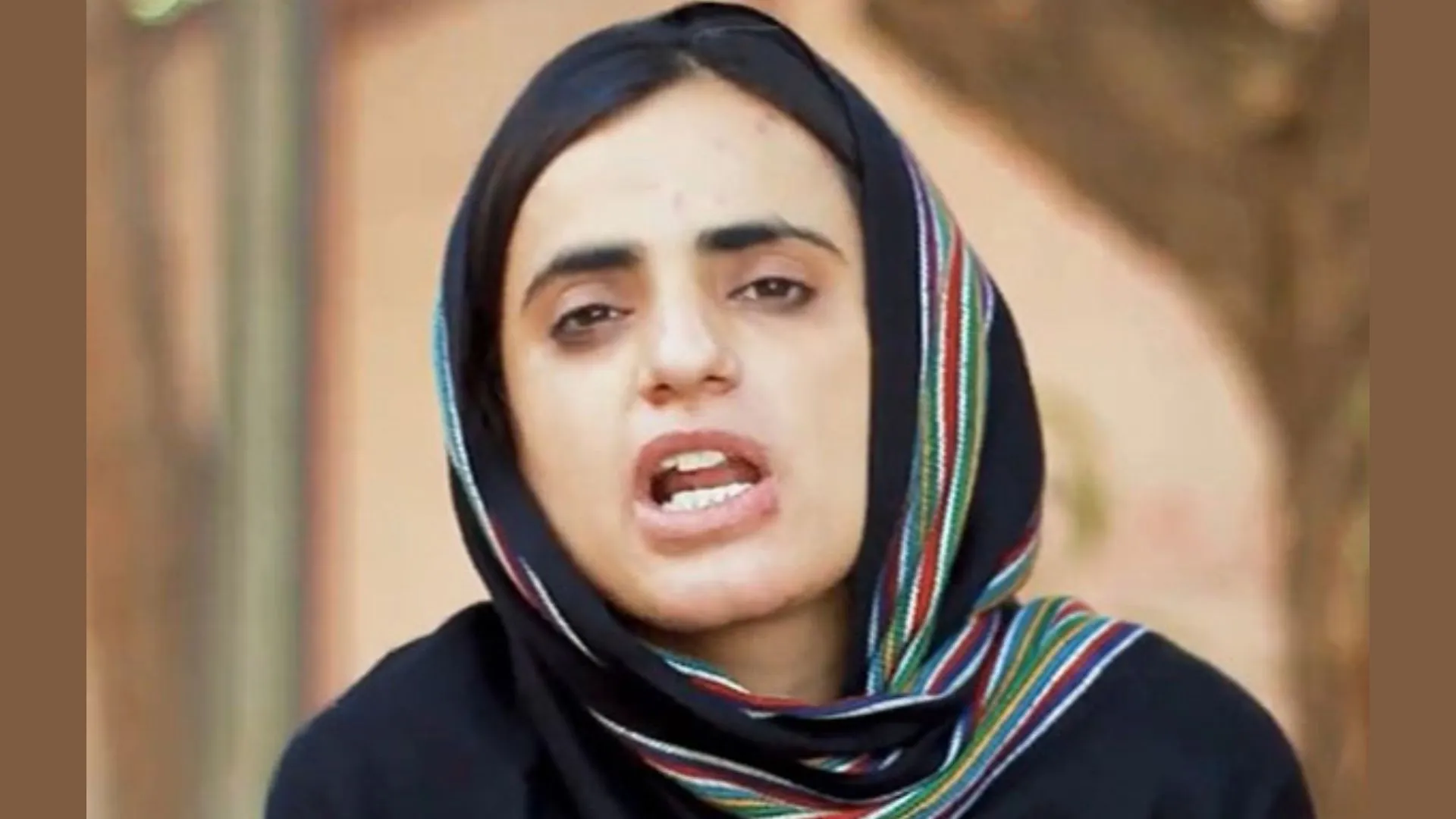Bangladeshi author living in exile Taslima Nasreen has said she feels an intense sense of pain after the arson attack on Sheikh Mujibur Rahman’s residence on Wednesday evening, which has thrown the nation into a storm. The controversy began with this particular attack as a concern about maintaining the historical heritage of the nation. Nasreen, a very vocal critic of communalism, reminded that all freedom fighters deserve to be never forgotten and remembered.
Arson Attack Targets Sheikh Mujib’s Legacy
Nasreen expressed her anguish over the burning of the residence, referred to as Dhanmondi 32, on the microblogging and social networking platform X, saying it was a tragic loss. “The last trace of the architect of independent Bangladesh has been burned to ashes today. Cry, Bangladesh, cry,” she wrote.
The last trace of the architect of independent Bangladesh has been burned to ashes today.
Cry, Bangladesh, cry. pic.twitter.com/lj17JJ4IzJ— taslima nasreen (@taslimanasreen) February 5, 2025
The attack, condemned by many, was believed to have been carried out by Islamic terrorists. Nasreen raises questions about the motives behind the vandalism, saying that if the anger of the attackers was at Prime Minister Sheikh Hasina, then they should not have targeted the museum dedicated to Sheikh Mujib.
A Critique of Political Power and History Erasure
Nasreen also took the chance to attack the current political regime in Bangladesh. She targeted a direct shot at Nobel Laureate Muhammad Yunus, whom she insinuated was behind the current attempts to wipe out the history of Bangladesh’s Liberation War. “The ones attacking Sheikh Mujib’s museum are those who never wanted an independent Bangladesh, who rejected secularism, who wanted an Islamic state in 1971,” Nasreen said.
She accuses these individuals and their descendants, whom she asserts are now ruling, of the destruction of Bangladesh’s legacy. Nasreen blamed law enforcement as well for staying silent while these hardline Islamist groups conducted their attacks. She warned that this attempt to destroy Sheikh Mujib’s legacy is not a new idea but has been going on since Yunus took power.
Preservation of Sheikh Mujibur Rahman’s Legacy
Nasreen’s call for preserving Bangladesh’s history was firm. She demanded that a museum be built to honour Sheikh Mujibur Rahman’s contributions, urging the construction of a replica of the original residence at Dhanmondi 32. “A grand, new Dhanmondi 32 should be built again at the location of Dhanmondi 32. The memory of Sheikh Mujibur Rahman should be preserved,” she said.
A grand, new Dhanmondi 32 should be built again at the location of Dhanmondi 32. The memory of Sheikh Mujibur Rahman should be preserved. A museum should be built, even if it requires a replica.
The sculptures and museum dedicated to the freedom fighters should be reconstructed…
— taslima nasreen (@taslimanasreen) February 6, 2025
The author also urged that Bangladesh’s Liberation War from Pakistan in 1971 be taught to its children properly at schools and colleges. She again pleaded for a secular state where religiously inspired politics do not dominate and advised Prime Minister Hasina to review her previous stint in office as well, when she erred on some decisions. Nasreen further advised the reforming of the Awami League with the eradication of corrupt officers from its body and the induction of secular, feminist thinkers into the mainstream.
Taslima Nasreen’s Plea for a Secular Bangladesh
Taslima Nasreen urged, therefore, the end of religious politics and a return to the values that Bangladesh was founded upon. Moreover, she added that the country needed, as a result, a new, secular, and progressive political party that would represent the ideals of a free and equal society.
The ardent stand Taslima Nasreen has for the preservation of Bangladesh’s past and the cause against communalism continues to remain in the media.























